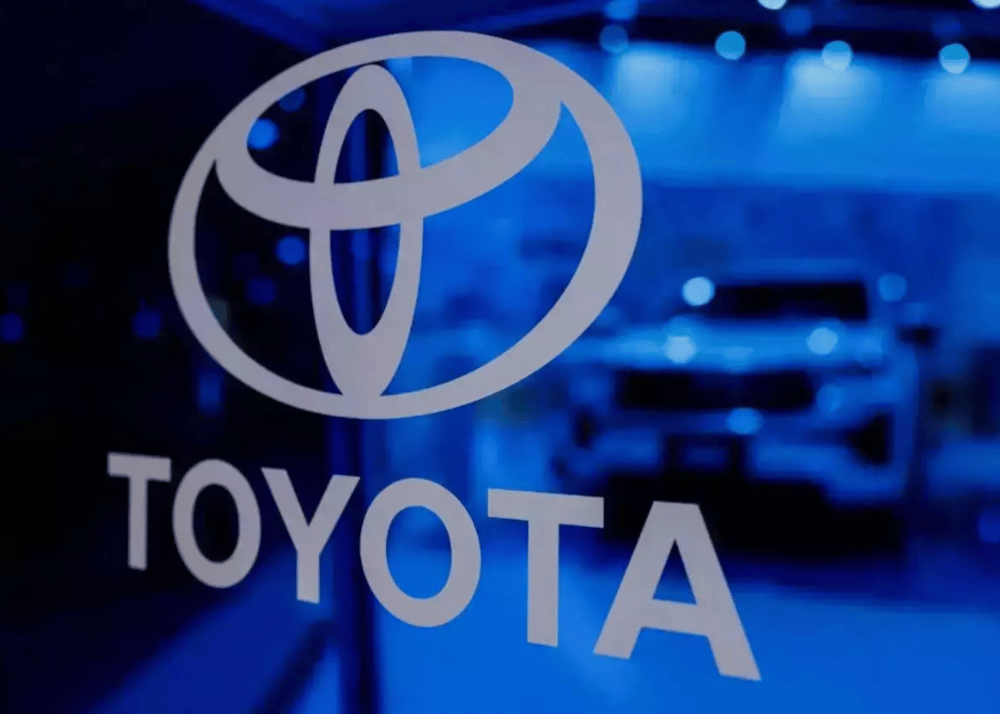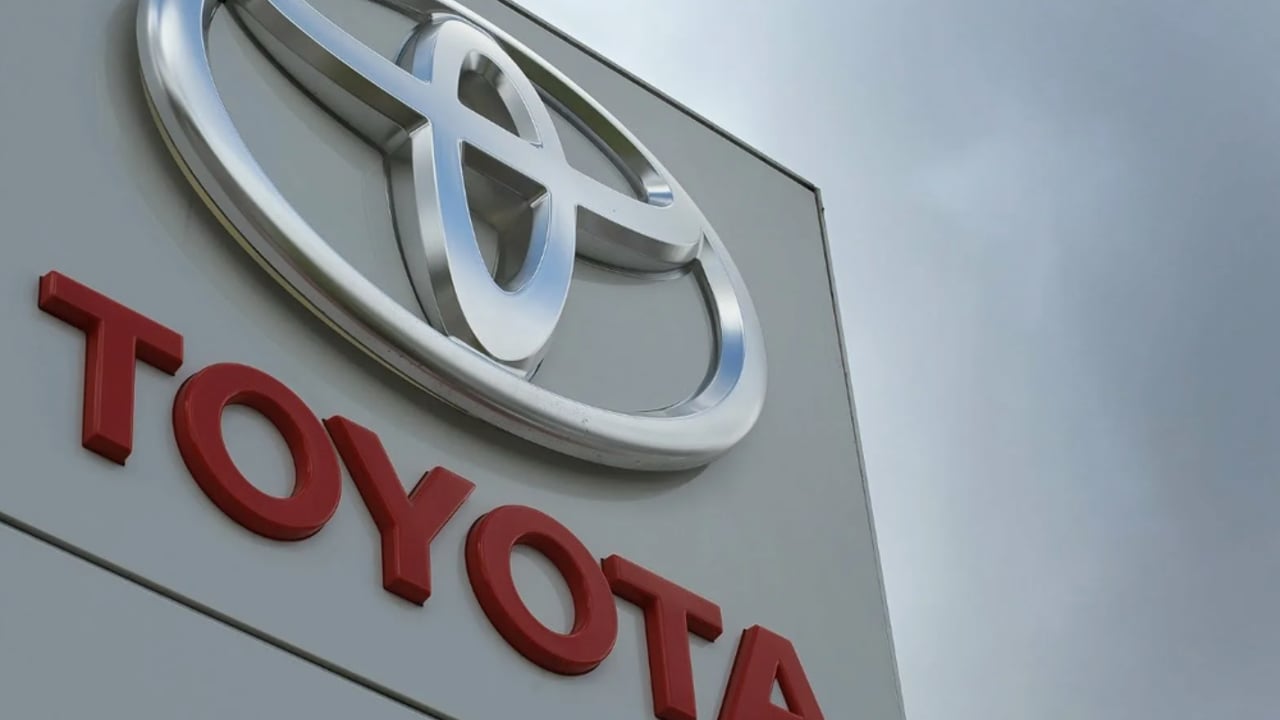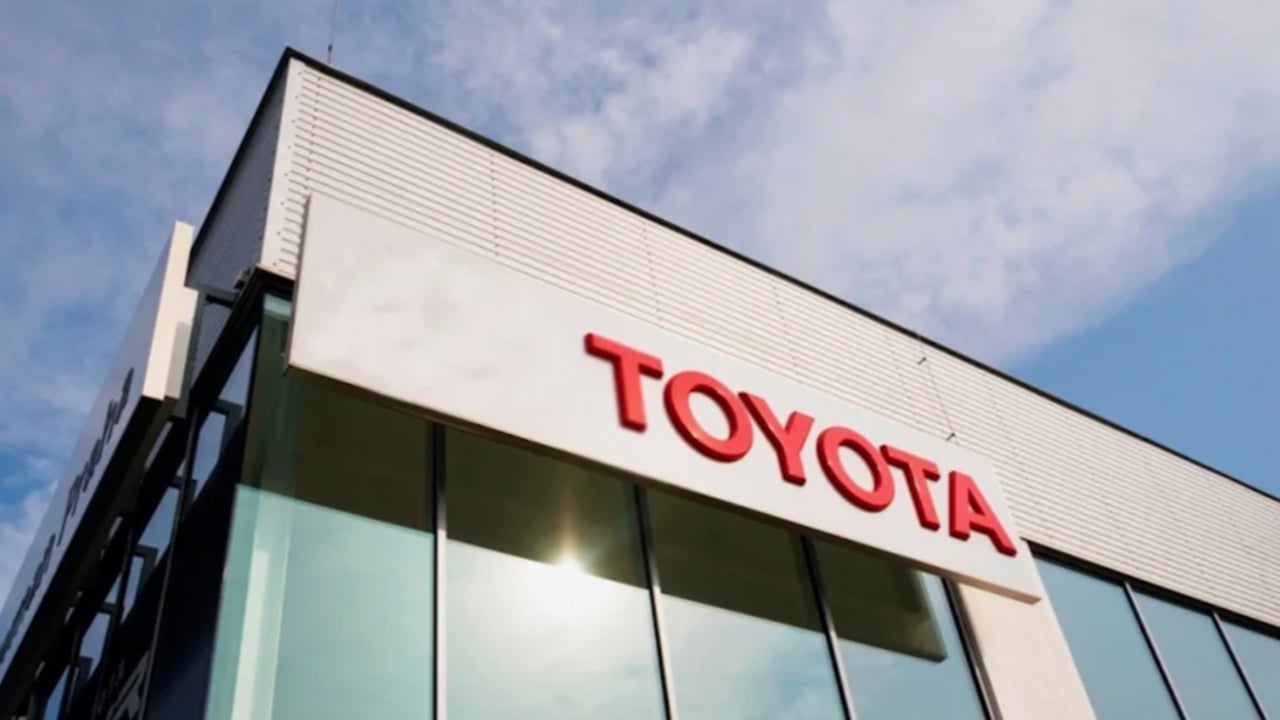Toyota Motor Corporation, the world's largest automobile manufacturer, is planning a groundbreaking expansion into the electric vehicle (EV) market. According to a report by Nikkei, the company aims to develop 15 new EV models by 2027 and ramp up its global EV production to 1 million units per year. This ambitious goal underlines Toyota's commitment to preserving its leadership position amidst intensifying competition in the rapidly growing green technology sector.
Toyota’s Electrifying Strategy
Historically known for its focus on hybrid vehicles, Toyota is now realigning its priorities as global demand for cleaner transportation accelerates. In response to evolving market dynamics, the company is diversifying its portfolio and doubling down on EVs.
Key elements of Toyota’s strategy include:
- Delivering 15 new EV models by 2027, including premium offerings under its Lexus brand.
- Expanding production operations to mitigate risks from tariffs and currency fluctuations.
- Boosting EV production volume to 1 million units annually, significantly surpassing the projected 2026 output of 800,000 vehicles.
This vision solidifies Toyota’s intent to claim its stake in the advancing EV landscape. However, navigating shifting global markets will require the agility to adapt quickly and efficiently.
Expanding Geographical Reach
Currently, Toyota’s EV production is concentrated in Japan and China. To meet its ambitious targets, the automaker plans to diversify its manufacturing footprint into additional key regions.
As per Nikkei, these regions include:
- United States: A market characterized by strong consumer demand and local incentives for EV manufacturing.
- Thailand: Known for its investment-friendly policies and government backing for automotive innovation.
- Argentina: Offering opportunities for regional market penetration and supply chain diversification.
This strategy will better position Toyota to manage currency volatility, minimize geopolitical risks, and reduce lead times for delivery to global markets.
Challenges for Toyota in the EV Segment
Entering the electric vehicle market is not without its challenges. Toyota faces several hurdles, including:
- Reducing battery costs: Batteries continue to be a significant portion of an EV's overall price. To address this, Toyota is actively investing in research on solid-state battery technology.
- Charging infrastructure: While EV charging networks are expanding globally, availability remains limited in some regions.
- Intensified competition: With established players like Tesla, BYD, and Volkswagen leading the market, Toyota must innovate to differentiate itself.
Toyota’s Technological Edge
To maintain its competitive edge, Toyota is investing in advanced technologies for its EV models. Notable innovations that could define its future lineup include:
1. Next-generation battery efficiency: Toyota is focusing on solid-state battery technology, which promises longer travel ranges and significantly reduced charging times.
2. Autonomous driving: The development of self-driving systems alongside environmentally adaptive driving technologies is a high priority.
3. Connected vehicles: Toyota is integrating its EVs into smart city ecosystems through IoT-driven solutions.
How Toyota's Plans Impact the Market
Toyota’s ambitious push to launch 15 EV models by 2027 is poised to influence the automotive industry in several ways:
- Intensified competition: Toyota’s large-scale entry into the EV market is likely to heighten competitive pressures on other manufacturers.
- Infrastructure development: Scaling up production could incentivize greater investment in EV charging networks globally.
- Driving affordability of EVs: Mass production on this scale may lead to price reductions, making EVs more accessible to a broader range of consumers.
Key Facts and Figures
- Toyota currently has five EV models in its portfolio.
- Expansion is planned for major production hubs in the United States, Thailand, and Argentina.
- Production goals: 800,000 units by 2026 and 1 million by 2027.
- Significant investment will target the premium segment under the Lexus brand.
Conclusion
Toyota’s ambitious plan to launch 15 EV models and achieve a production target of 1 million units by 2027 signals a profound shift in the company’s strategy towards sustainability and innovation. By expanding its manufacturing footprint, investing in cutting-edge technologies, and focusing on premium and mainstream markets alike, Toyota is positioning itself as a key player in the global EV revolution. The company's actions are more than just meeting growing demand—they are setting the stage for a transformative automotive future.









A sale of this magnitude has the potential to reshape the trajectory of automation in the technology sector, sparking transformative changes.
This sale could significantly shape the future landscape of automation in the tech industry. It's an exciting development that holds the potential to mark a turning point for technological advancements.